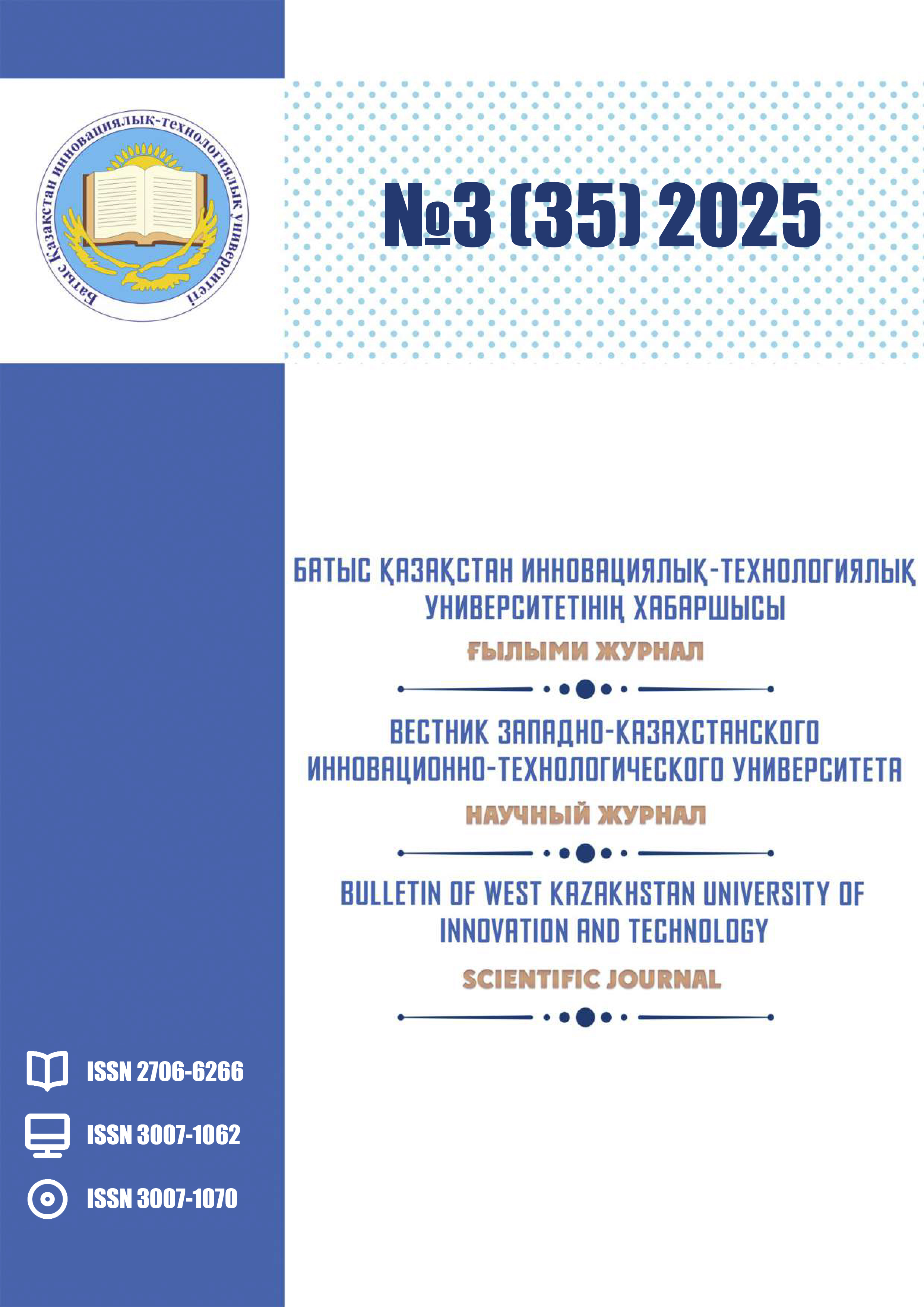LANGUAGE AND GENDER: A LINGUISTIC ANALYSIS OF KAZAKH WOMEN’S PROSE
DOI:
https://doi.org/10.62724/202530207Keywords:
linguistic analysis, discourse, gender conflict, speech representation, Kazakh women's prose, cultural specificityAbstract
The article presents a linguistic analysis of gender conflict in the Kazakh women’s prose of U. Tazhikenova. Special attention is given to the linguistic means through which the author conveys the contradictions between the personal aspirations of the heroines and the social expectations of society. The analysis is conducted on three levels: lexical, syntactic, and discursive. At the lexical level, the contrast between terms denoting traditional family duties and words reflecting the pursuit of self-realization, creative independence, and professional development is highlighted. Syntactic devices, including complex sentences, inversions, and repetitions, enhance the emotional coloring of the text and emphasize the psychological tension of the heroines. Discursive analysis reveals mechanisms of reinforcement and dismantling of gender stereotypes through dialogues, internal monologues, and authorial remarks. Lexical, syntactic, and discursive elements simultaneously reflect social and cultural transformations, serve as a tool for artistic construction of gender conflict, and allow deeper understanding of the heroines’ psychological states, social positions, and struggles for personal identity. These mechanisms help reveal complex interactions of characters with society and cultural norms.

